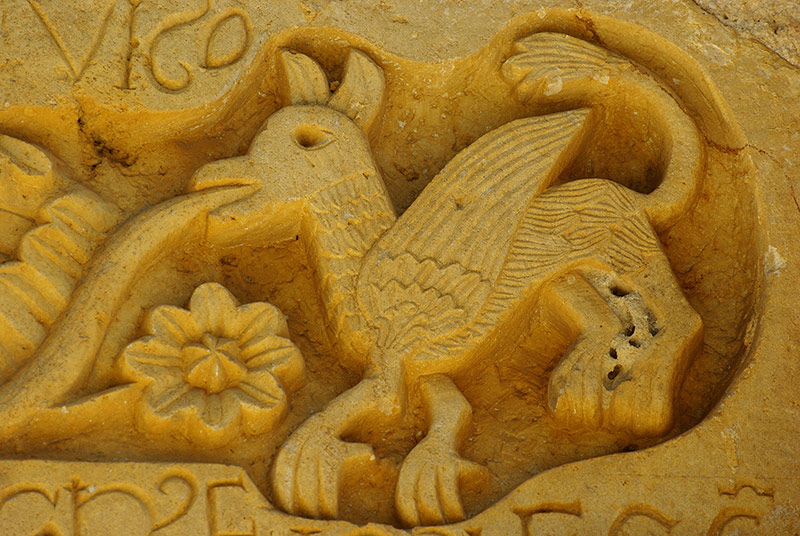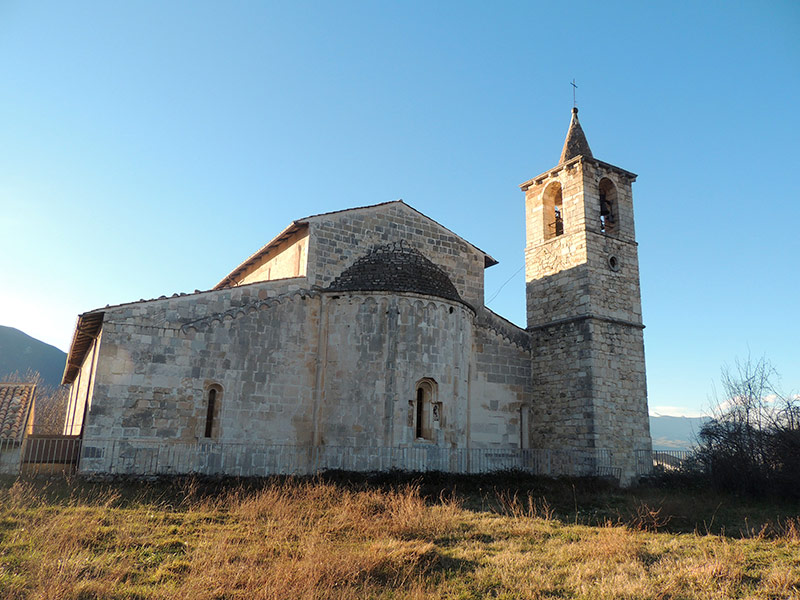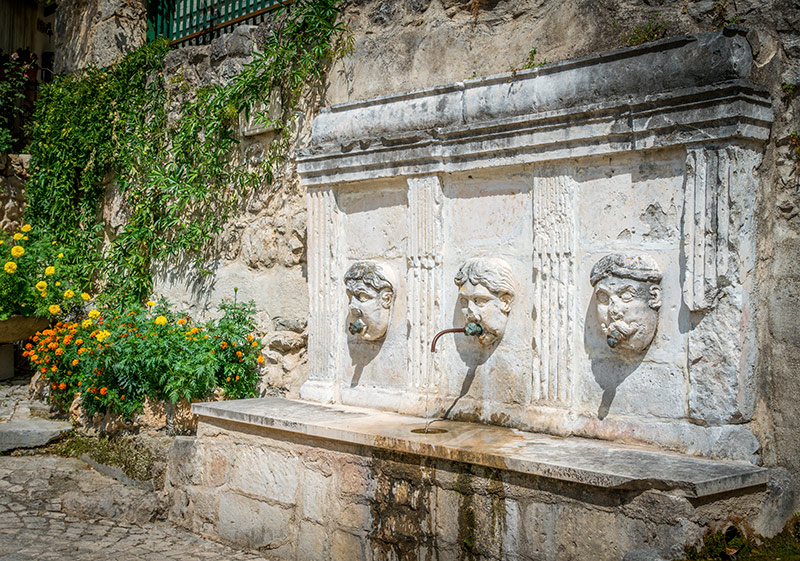History
The territory of Caramanico Terme revealed the signs of an age-old presence of humans.
The territory of Caramanico Terme revealed the signs of an age-old presence of humans.
The study of archaeological sites of great interest, places of worship, objects, funerary evidences, rural sanctuaries still partially preserved allow us to retrace its history.
Route by stages
601
expand_morethe Lombard Duke Teodolapius rises to power, the founder of Caramanico according to the tradition; the origins of the village date back to the Lombards settlement in the region, located at the border between the Duchy of Spoleto and the Duchy of Benevento.
1059
expand_morethe Abbey of Santa Maria Maggiore, the main religious building in town, is mentioned in documents for the first time.
1100
expand_morein the “Chronicon Casauriense” there is the mention “acque putride” (transl. putrid waters) i.e., thermal waters, in the area.
1202
expand_morebeginning of the construction works of the church of San Tommaso Becket.
1400-1499
expand_moreCaramanico goes through a period of great prosperity thanks to the silk, of which it is one of the most important production sites of the whole Kingdom of Napoli. In these years the village becomes a feud of the D’Aquino family, staying as such until the Unification of Italy.
1656
expand_moreduring the plague period Caramanico was inhabited by around 6.500 people.
1706
expand_morea devastating earthquake damages almost all the village, soon rebuilt replacing the old Middle Ages structures with new noble palaces.
1800
expand_morethe first scientific tests on the healing waters are held, and a first distinction is made between the sulphurous waters and the diuretic one sited in the "Pisciarello" area.
1901
expand_morethe spa establishment was built.
1960
expand_morethe village takes the name of Caramanico Terme: the residential expansion and the building of new hotels fills the void once located between the centre and the district of Santa Croce.
1971
expand_morethe Orfento Valley Natural Reserve is established, the first protected area of the Maiella.




